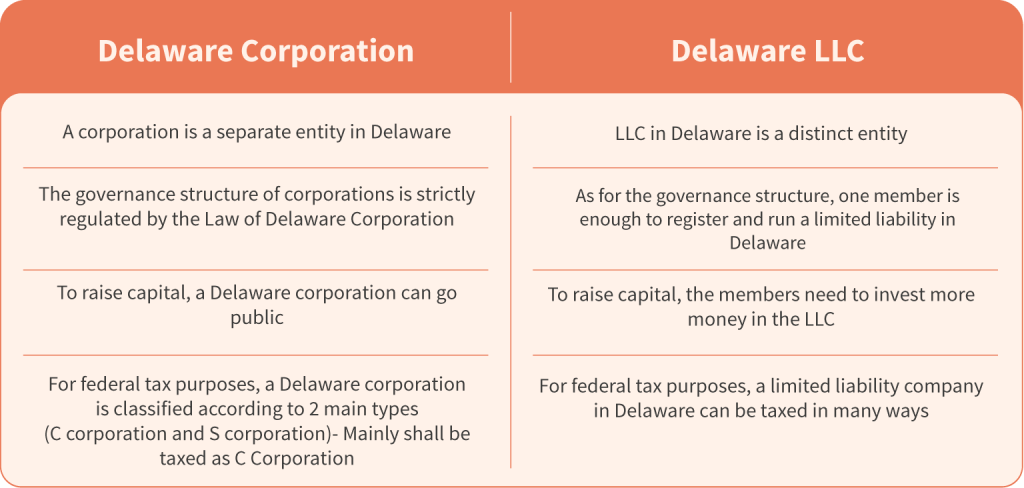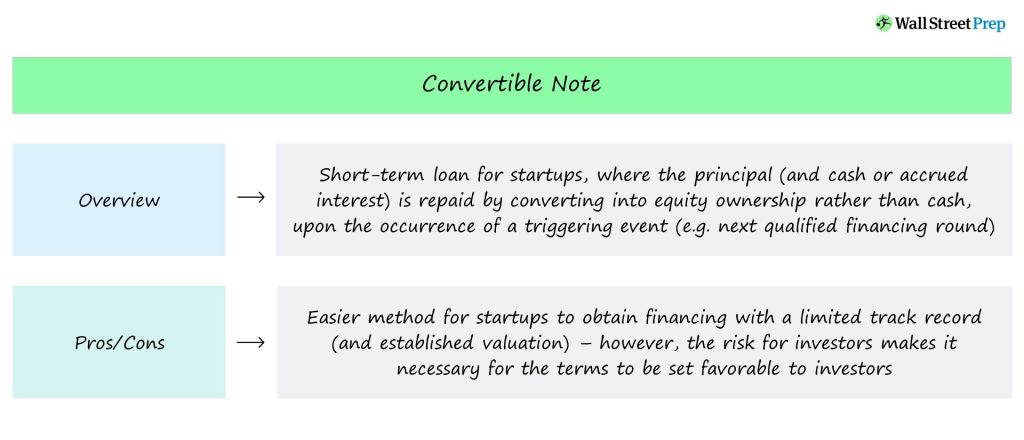
INTRODUCTION
In today’s fast-paced business landscape, startups are emerging as the frontrunners of innovation and disruption. As these fledgling ventures set out on their ambitious journeys, one critical aspect that demands their attention is robust financial management. Efficient accounting practices lay the foundation for sound decision-making and sustainable growth. However, for resource-constrained startups, traditional accounting systems can be both time-consuming and expensive. Enter Zoho Books – a cost-effective accounting software tailored to the specific needs of startups, offering a plethora of benefits that catalyze their success.
- STREAMLINING FINANCIAL PROCESSES
In the early stages of a startup, entrepreneurs often find themselves wearing multiple hats. Managing accounting tasks manually can be overwhelming and error-prone, consuming valuable time and energy that could be better utilized for core business activities. Zoho Books streamlines financial processes by automating mundane tasks like invoicing, expense tracking, and bank reconciliations. This allows entrepreneurs to focus on their strategic vision while still maintaining a clear view of their financial health.
- USER-FRIENDLY INTERFACE
One of the key advantages of Zoho Books is its user-friendly interface. Unlike complex accounting software that requires extensive training, Zoho Books is designed with simplicity in mind. This enables startups to quickly adapt to the platform, minimizing the learning curve and expediting the implementation process. By providing easy access to vital financial data, entrepreneurs can make informed decisions swiftly, thereby propelling their growth trajectory.
- COST-EFFECTIVENESS AND SCALABILITY
Startups often operate on tight budgets, and investing in expensive accounting software may not be a viable option. Zoho Books offers a cost-effective solution without compromising on functionality. Its subscription-based pricing model allows startups to choose the features they need, ensuring they only pay for what they use. As the business grows, Zoho Books scales effortlessly to accommodate the evolving accounting needs, making it a flexible and future-proof investment.
- REAL-TIME FINANCIAL INSIGHTS
In the fast-paced startup environment, having up-to-date financial information is crucial for making informed decisions. Zoho Books provides real-time financial insights, such as cash flow status, revenue trends, and expense patterns. These dynamic reports enable entrepreneurs to identify potential bottlenecks, capitalize on opportunities, and maintain financial stability. With this information at their fingertips, startups can stay ahead of the competition and navigate uncertain market conditions with confidence.
- SEAMLESS INTEGRATION WITH OTHER BUSINESS TOOLS
Startups often use an array of business tools to manage various aspects of their operations. Zoho Books integrates seamlessly with other Zoho products and third-party applications, creating a centralized platform for accounting and overall business management. From CRM systems to project management tools, this integration enhances collaboration and data sharing, simplifying complex workflows and fostering a cohesive business environment.
- ENHANCED FINANCIAL SECURITY
Cybersecurity is a significant concern for businesses of all sizes, and startups are no exception. Zoho Books prioritizes data security and employs robust measures to protect sensitive financial information. Features like bank-grade encryption, two-factor authentication, and data backups ensure that the accounting data remains secure and accessible only to authorized personnel.
CONCLUSION
As startups traverse the unpredictable terrain of entrepreneurship, efficient financial management plays a pivotal role in their success. Zoho Books, with its cost-effective and user-friendly platform, provides the ideal solution for these burgeoning ventures. By automating financial processes, offering real-time insights, and ensuring data security, Zoho Books empowers startups to channel their resources towards innovation and growth. As more and more startups embrace this transformative accounting software, the future of entrepreneurship is bound to be brighter than ever before.
Regville Associates offers end-to-end legal, secretarial, tax and compliance service for companies. Our services aid companies in achieving and sustaining compliance with regulations.
Feel free to contact us.
Tolulope Oguntade Regville Associates info@regville.com 08065111667

 Aspiring entrepreneurs and startups seeking investment capital need to create compelling pitch decks that convey the essence of their business idea to investors. A pitch deck is a visual presentation that provides investors with a concise overview of a company’s business model, market opportunity, and team. Creating a successful pitch deck can make the difference between securing funding and failing to attract investor interest. Here are some key elements that entrepreneurs should include in their pitch decks to attract investor attention.
Aspiring entrepreneurs and startups seeking investment capital need to create compelling pitch decks that convey the essence of their business idea to investors. A pitch deck is a visual presentation that provides investors with a concise overview of a company’s business model, market opportunity, and team. Creating a successful pitch deck can make the difference between securing funding and failing to attract investor interest. Here are some key elements that entrepreneurs should include in their pitch decks to attract investor attention.





